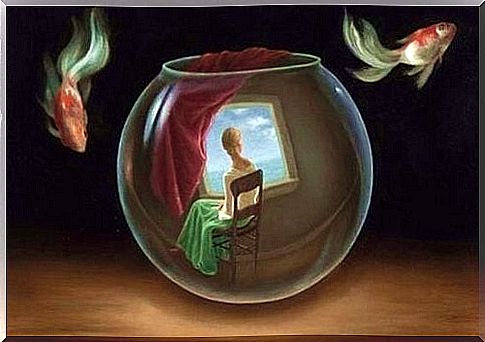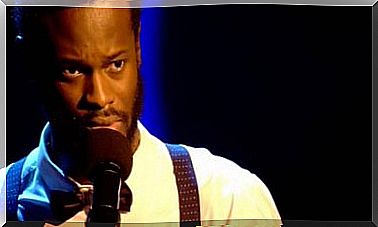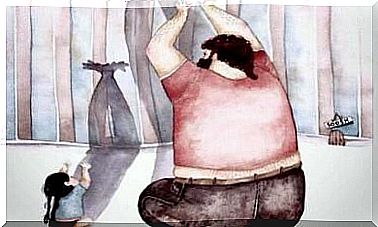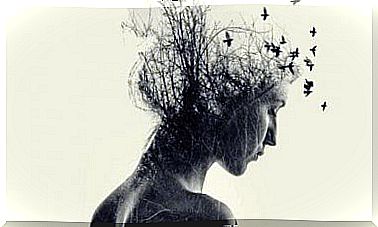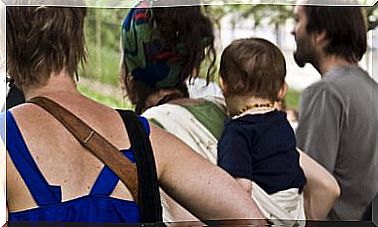What Is Social Knowledge?
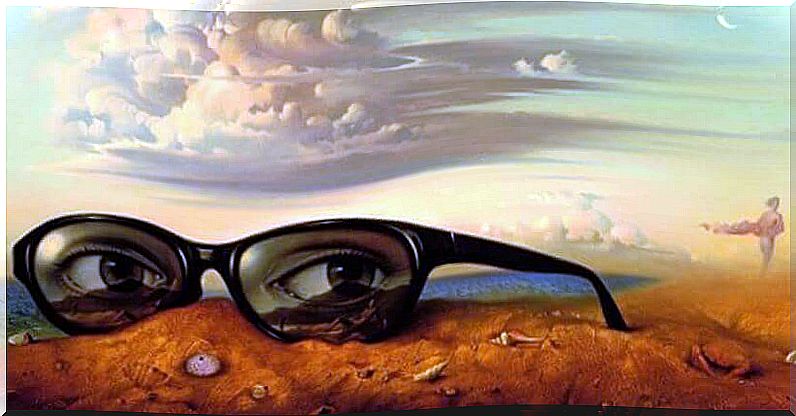
Each of us, through superficial observation, can see that social phenomena are very different in nature from physical phenomena. Moreover, not only do we see them differently, but we also act differently towards them. Now, what is social knowledge really? And how do we build this knowledge in our minds? Many psychologists throughout history have sought to answer these questions.
The study of social knowledge is a very broad and important field of research. Indeed, the interest of this field of study is multiple and it can be considered from many points of view (psychological, educational, epistemological…). In this article, we will talk to you about two concrete aspects: the construction of representations of social reality and the nature of social phenomena.
A key aspect of social knowledge is understanding how it is constructed. By observing how the world around us works, we build representations or models that explain what we perceive. This serves us to make sense of what is happening around us and to generate clean and very useful models such as action marks.
Indeed, representations allow us to anticipate what will happen and act accordingly. It is easy to deduce the great adaptive value that our ability to generate and fit valid and reliable models has. For example, by making a representation of how electricity works and the damage it can cause, we rule out the idea of sticking our fingers into the socket.

A key aspect of the human species is its social environment. Thanks to life in society, we have been able to adapt to a hostile environment, despite the natural deficiencies of human beings. This is why it is logical to think that we must have a large repertoire of social models that allow us to know how to act in the social field on a daily basis.
In these representations or models of society, which in psychology is called social knowledge, we can find three main categories:
- Knowledge of others and of ourselves: through the experience we have with others, we will create models that allow us to know others, but which also allow us to know ourselves. Knowing the minds of others, in other words knowing how they think, helps us to predict their actions. The studies on what is called “theory of mind” are here closely related to what is discussed in this paragraph.
- Moral and conventional knowledge: the subject will acquire the rules or norms which regulate the relations that one has with others. Knowing this allows us to adapt to our community and to live with others. In this sense, psychologist Lawrence Kohlberg studied the development of morality in humans.
- Knowledge of institutions: A key aspect of social knowledge is understanding the roles that people occupy in a society. Here we are talking about the representations we have of the behavior of a trader, a leader, a political representative, etc. It helps us to perform any social act without needing to know what the person we are like is in front of us, because we know the role that we have to play.
Even though it seems obvious that there are differences between a physical phenomenon and a social phenomenon, making the differences explicit becomes complicated. One can define physical facts as objectives independent of the subject, and social facts as subjective and dependent objectives, but from a socio-constructivist perspective, this distinction lacks meaning.
The philosopher John Searle offers us to understand what social phenomena are made of. To explain the representations we make of the social world, Searle introduces three elements: (a) constitutive rules, (b) the assignment of functions and (c) collective intentionality.
Just as a game is made up of rules, Searle asserts that so are institutions. And the importance of these standards is that without them, neither the game nor the institutions could exist.
For example, when playing chess, there is a set of rules that tell us what to do and what not to do; if these standards did not exist, the game would be meaningless. The same is true with our institutions, they exist to the extent that we decide they exist. A clear example of this is money; there are rules that say how much each ticket is worth and under what conditions those tickets are exchanged. If these rules did not exist, money would be just metal or paper.

When we talk about assignment of functions, we mean the intention to assign functions to objects and people. We say that the chairs are for sitting and the forks are for eating, but these are not properties intrinsic to these objects: the function is imposed by the human being. This attribution is to a large extent collective, which generates a socially shared knowledge about the function of people and objects in society.
Finally, it is important to understand the role that collective intentionality plays. This implies the attempt of the human being to share beliefs, desires and intentions, which allows him to act in a field where cooperation is possible, thus succeeding in living in an adaptive and safe society for all individuals. .
Social knowledge helps us to understand and know how to act within society. Its study has great added value and allows us to act on many levels. For example, when it comes to education, understanding this allows us to know what role models we need to follow or what educational steps we need to take when creating a more just and cooperative society.
